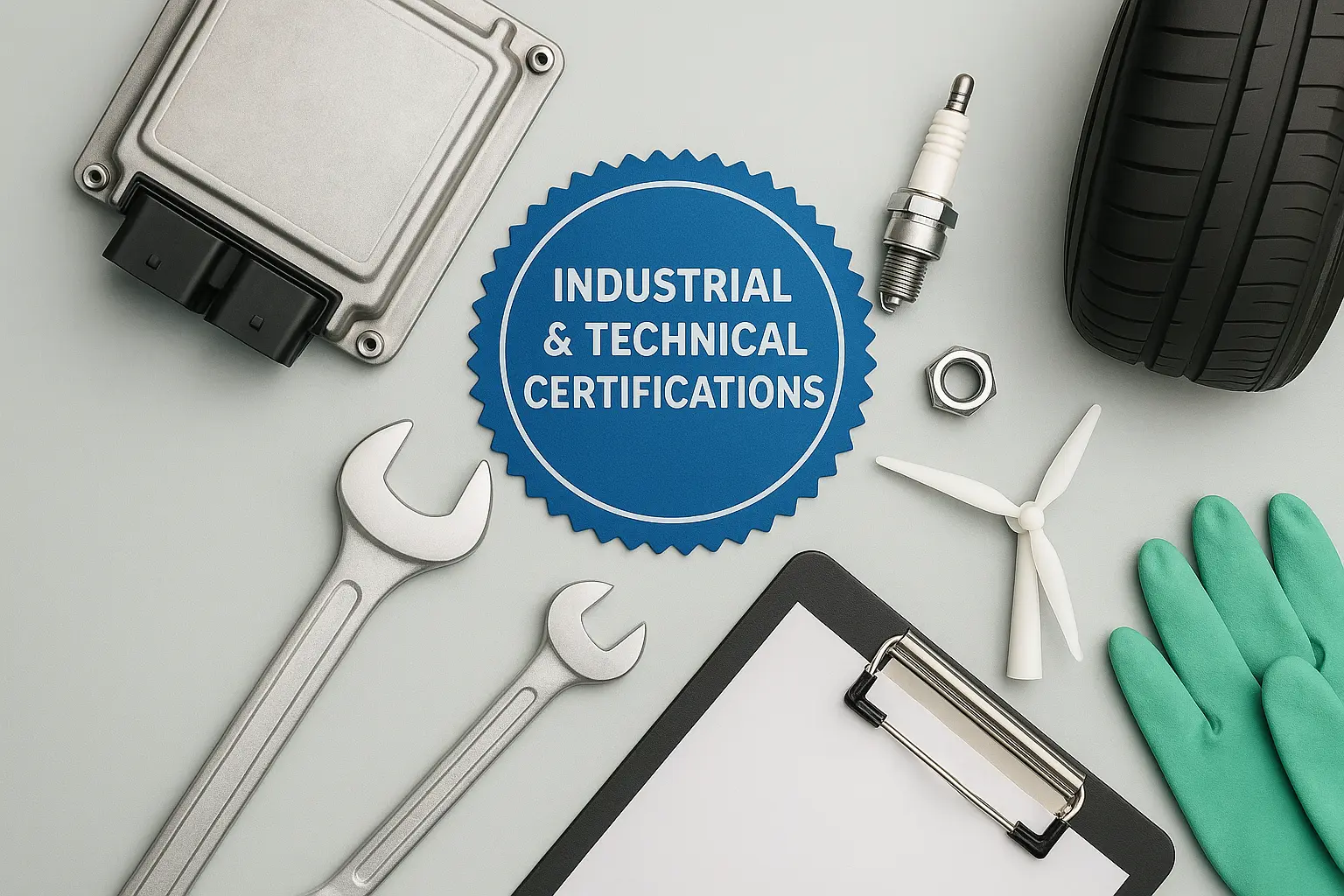SAE AS9100 Aerospace Industrial Quality Certification
The SAE AS9100 certification is an internationally recognized standard that ensures aerospace companies meet stringent quality management requirements. This certification is crucial for organizations involved in the design, development, production, installation, and maintenance of commercial aircraft products or services.
Obtaining this certification demonstrates a company’s commitment to excellence in manufacturing processes and compliance with industry standards. It helps build trust among customers, suppliers, and regulatory bodies by ensuring that all quality management practices are aligned with the latest aerospace industry best practices.
The SAE AS9100 standard is based on ISO 9001:2015 but has additional requirements tailored specifically for the aerospace sector. These include:
- Stricter control of non-conforming products
- Enhanced documentation requirements
- Increased focus on process management
- Greater emphasis on supplier quality assurance
The certification not only enhances a company’s reputation but also facilitates smoother interactions with international clients and suppliers. It provides peace of mind that all production processes adhere to the highest safety standards, which is vital in the aerospace industry.
Compliance with SAE AS9100 involves rigorous internal audits conducted by independent third parties. These audits assess whether a company’s quality management system (QMS) meets the specified requirements. Regular reviews ensure continuous improvement and adherence to best practices throughout the organization.
This certification is particularly important for companies looking to expand their business into international markets where stringent regulatory compliance is mandatory. By obtaining SAE AS9100, businesses can streamline operations, enhance product quality, and reduce risks associated with non-compliance penalties.
Applied Standards
| Standard | Description |
|---|---|
| ISO 9001:2015 | This is the core standard that SAE AS9100 builds upon. It provides a framework for quality management systems. |
| SAE AS9100 Rev D | The specific aerospace industry adaptation of ISO 9001:2015, with additional requirements pertinent to the aerospace sector. |
| Standard | Description |
|---|---|
| American Society of Mechanical Engineers (ASME) | This organization provides standards for manufacturing processes used in the aerospace industry. |
| European Organization for Standardization (ISO) | The global leader in developing and disseminating voluntary international standards, including those relevant to aerospace quality assurance. |
Quality and Reliability Assurance
The process of achieving SAE AS9100 certification involves several key steps:
- Internal Assessment: Companies undergo a thorough internal assessment to identify any gaps between current practices and the requirements outlined in SAE AS9100.
- Implementation Plan: Based on the findings from the internal assessment, an implementation plan is developed. This includes actions required for process improvements and documentation updates.
- Pilot Testing: A pilot test run of revised procedures ensures that all processes are aligned with SAE AS9100 standards before full-scale implementation.
- Audits and Reviews: Regular audits by external bodies ensure continuous compliance. These audits cover every aspect of the quality management system to verify adherence to all relevant standards.
Continuous improvement is a cornerstone of SAE AS9100 certification. This involves regular reviews, updates, and enhancements to the quality management system based on feedback from internal and external stakeholders. The ultimate goal is to ensure that every process within an organization contributes to the production of reliable aerospace products.
Quality assurance in the aerospace industry is not just about meeting regulatory requirements; it’s about ensuring the safety and reliability of aircraft components. This certification helps companies meet these critical goals, thereby protecting lives and reducing risks associated with product failures.
Customer Impact and Satisfaction
| Aspect | Description |
|---|---|
| Supplier Reliability: | Ensures consistent delivery of high-quality materials and components, which is critical for reliable product performance. |
| Operational Efficiency: | Reduces waste and improves process efficiency, leading to cost savings and faster turnaround times. |
| Customer Trust: | Builds confidence in the reliability of products and services offered by certified companies. |





